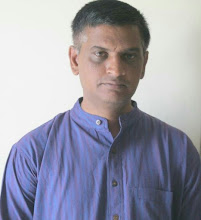
When it was first published in 1967, this now classic book was something of a bomb-shell. A companion volume to the earlier, equally ground-breaking How Children Fail, this illuminating survey gives central place to what Enistein called the 'holy curiosity of inquiry', suggesting that teachers stand back from their pupils in order to allow the learning process to operate more successfully. It sets out to demonstrate to parents and teachers that learning is as natural as breathing. The ways we learn to talk, to read, to count and to reason, even before we start school, should make the adult trust the child's innate ability. How children Learn also features an eloquent critique of methods of learning about children, and a chapter of 'Learning and love' that brings the reader close to the heart of John Holt's philosophy.




